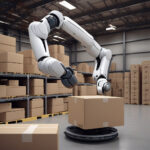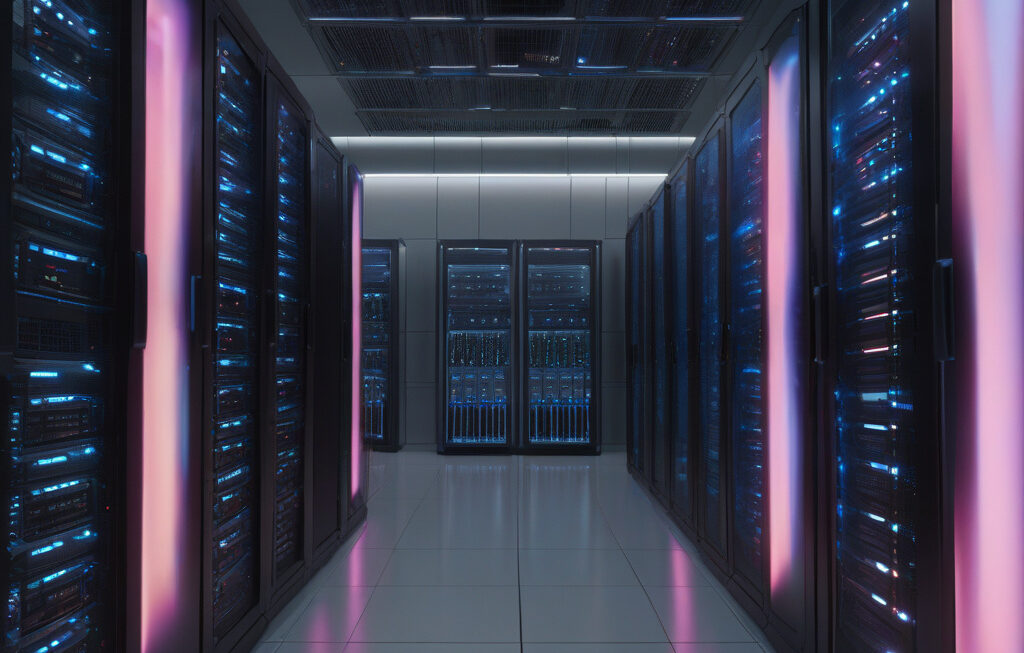The Anthropic CEO Warns of Impending Job Losses Caused by AI
In a world where technological advancements are constantly reshaping industries, the rise of artificial intelligence (AI) has been a topic of both fascination and concern. Dario Amodei, the CEO of Anthropic, a prominent AI research lab, is sounding the alarm on the potential mass job losses that could result from the rapid evolution of AI technology. Amodei believes that the shift from AI augmenting jobs to outright replacing them could happen sooner than we think, potentially starting within the next two years. This warning is not just about the impact on the job market; it also raises concerns about the broader implications for democratic stability and the exacerbation of existing inequalities.
The idea of AI taking over human jobs is not new. Over the past few decades, we have seen automation and AI gradually encroach upon tasks that were once exclusive to human workers. However, what sets Amodei’s warning apart is the timeline he proposes. While some experts believe that the full-scale automation of jobs is still a distant future, Amodei’s prediction suggests that this could become a reality much sooner than anticipated.
One of the main reasons for this accelerated timeline is the rapid pace of AI development. As algorithms become more sophisticated and capable of handling complex tasks, the potential for AI to perform a wide range of jobs becomes increasingly likely. From customer service and data analysis to transportation and even creative endeavors, there are few areas that AI cannot potentially disrupt.
The implications of widespread job losses due to AI are profound. Beyond the economic impact on individuals and families, there are broader societal consequences to consider. As more jobs become automated, there is a risk of increasing inequality, with those who are able to adapt to the changing job market benefiting at the expense of those left behind. This could further strain social cohesion and exacerbate existing divides within societies.
Moreover, the potential for mass job losses poses a significant threat to democratic stability. As unemployment rises due to automation, there is a risk of social unrest and political instability. Governments will need to grapple with how to support displaced workers, potentially leading to increased tensions between different socio-economic groups.
So, what can be done to mitigate the impact of AI on jobs? One potential solution is to focus on retraining and upskilling workers to prepare them for the jobs of the future. By investing in education and training programs that equip individuals with the skills needed in a rapidly evolving job market, we can help ensure that people are not left behind by the march of technology.
Additionally, policymakers will need to consider measures such as universal basic income to provide a safety net for those who are displaced by automation. By guaranteeing a basic level of income for all citizens, regardless of their employment status, we can help mitigate the worst effects of job losses due to AI.
Ultimately, the warning from Dario Amodei serves as a wake-up call to the potential consequences of unchecked AI development. As we hurtle towards a future where AI plays an increasingly prominent role in our lives, it is essential that we proactively address the challenges it presents. By taking decisive action now, we can shape a future where AI benefits society as a whole, rather than exacerbating existing inequalities.
joblosses, AI, DarioAmodei, automation, futureofsociety











